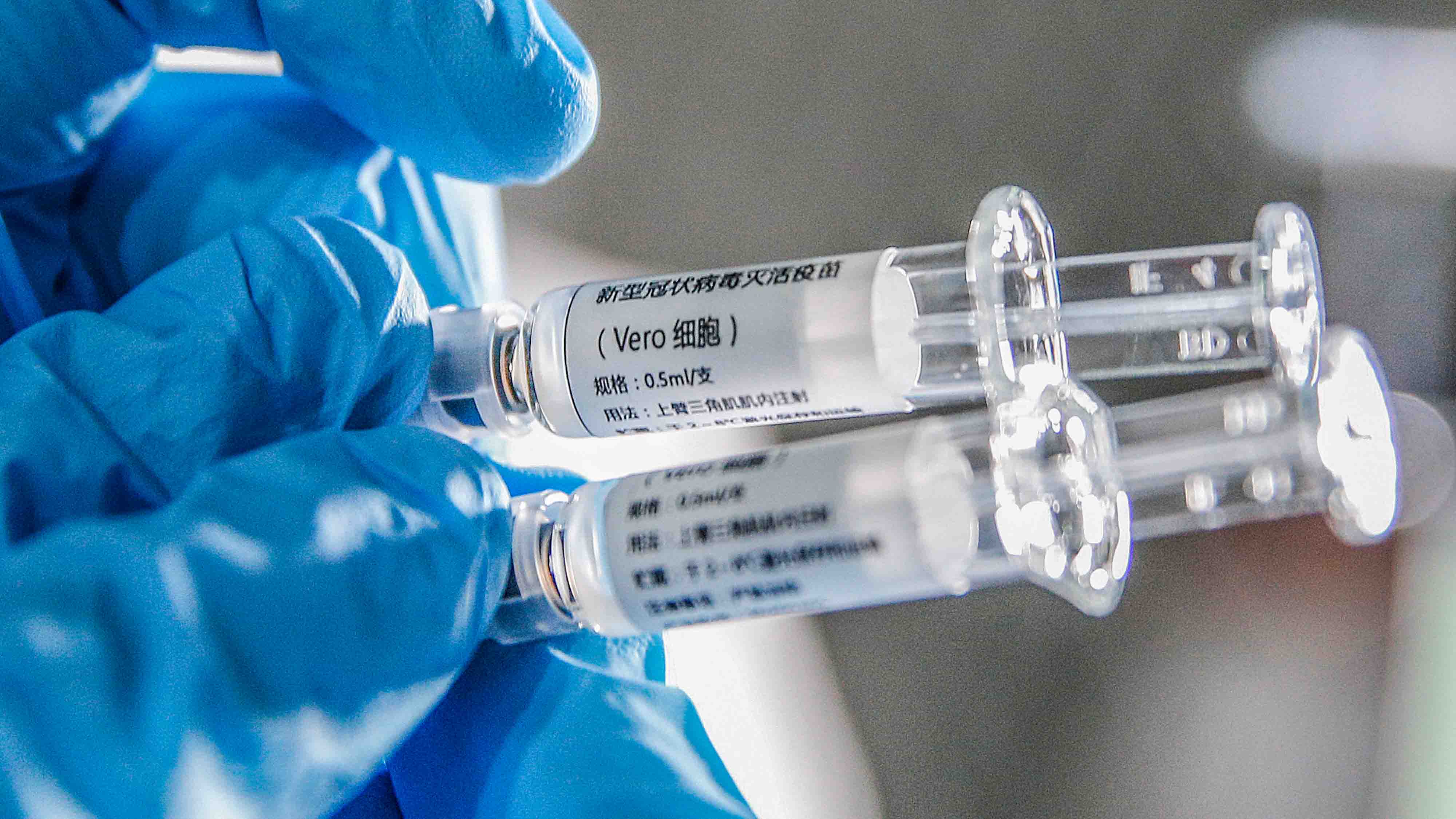02:59

More than 100 world leaders and government ministers are scheduled to speak at the UN General Assembly's special session that opened on Thursday to discuss the response to COVID-19 and the best path to recovery from the pandemic, which has claimed 1.5 million lives and shattered economies in countries both rich and poor.
With news of multiple vaccines on the cusp of approval and trillions of dollars flowing into global recovery efforts, optimism is rising and the world is looking to the UN for leadership.
General Assembly spokesman Brenden Varma said on Wednesday that the significance of this special session is to stimulate concrete action to address COVID-19 in a multilateral and collective manner.
General Assembly President Volkan Bozkir said that "this special session was a test for multilateralism."
Fu Jun, professor of political economy and public policy and academic dean of the Institute of South-South Cooperation and Development, agreed that the pandemic is a test for the whole world. He believed that we should strengthen multilateral cooperation when faced with global challenges.
This time, however, internal divisions within the U.S. as well as increasingly strained U.S. diplomatic relations have made it difficult for the world to fight together.
"My hope is that with a new administration, the United States will come back. After all, the United States continues to be a leader in many of the global challenges that we face, ranging from the COVID-19 to climate change," Fu said.
A vaccine for the new coronavirus is generally considered to be the only way that can help people finally return to their normal lives.
Elizabeth M Goldberg, an associate professor at Brown University, pointed out that there are currently two different approaches to COVID-19 vaccines.
The first approach is to vaccinate 2-3 percent of the population in each country. And the other contrary view is that distribution of the vaccine may not be necessary in countries where the pandemic is under control, such as New Zealand and China.
As a front-line worker, professor Goldberg believes that vaccines should be distributed equitably. "I still experience a lot of anxiety and fear of going into work ... especially with staffing shortages. It's so important to keep us healthy so that we can care for the people around us. And you also never know when the next outbreak may occur," she said.
According to data from Citibank, 85 percent of coronavirus vaccines have been booked by developed countries. The United States, the United Kingdom, Australia, Canada, Japan and the European Union countries have already ordered more supplies than their own populations.
However, the availability of vaccines remains a major challenge for most developing countries. Eric Ding, an epidemiologist and senior fellow from the Federation of American Scientists, noted that due to a limited supply of coronavirus vaccines, the World Health Organization is increasing funding to achieve equitable global vaccine distribution and ensure equitable access to vaccines in developing countries.
In addition, the storage environment of the vaccine also has a great impact on vaccination plans.
For example, Pfizer's COVID-19 vaccine, which is 95 percent effective and had no serious side effects in late-stage trial, needs to be stored at around minus 70 degrees Celsius and shipped in special boxes of up to 5,000 doses, packed in dry ice. Once out of the fridge, it needs to be used within six hours.
According to Ding, this vaccine may not be appropriate for developing countries because its cost is extremely high which requires a challenging super-cold storage environment.
He added that Pfizer's vaccine requires two doses to achieve high effectiveness, which makes it difficult to implement. "Those single-dose, inexpensive, non-freezing ones will be the magical vaccine for a lot of parts of the world," Ding said.
"Dialogue" is a prime time English-language daily talk show on CGTN. The 30-minute program covers a wide range of domestic and international topics, providing a balanced and critical perspective on current affairs and analysis within the framework of cross-cultural and multi-disciplinary comparisons.
Schedule: Monday-Sunday
Time (GMT): 03:30, 11:30, 19:30
(If you want to contribute and have specific expertise, please contact us at opinions@cgtn.com.)

